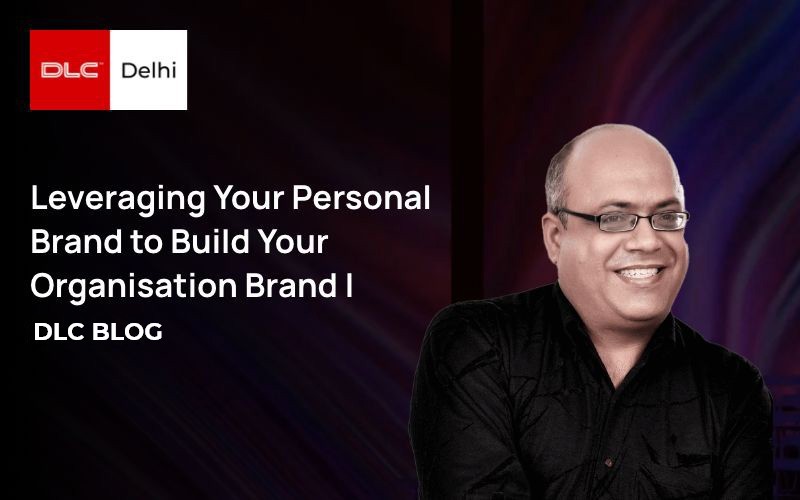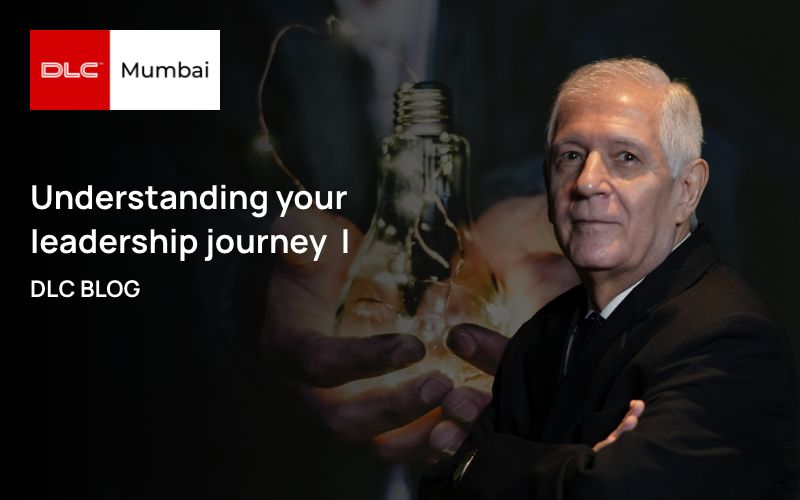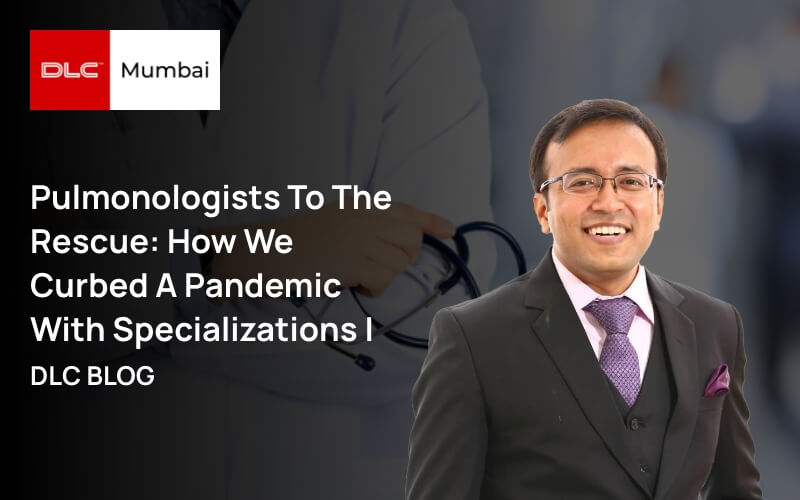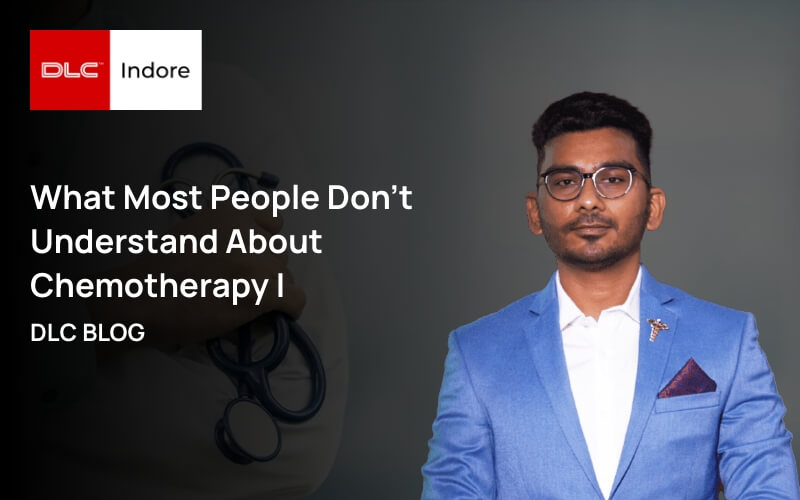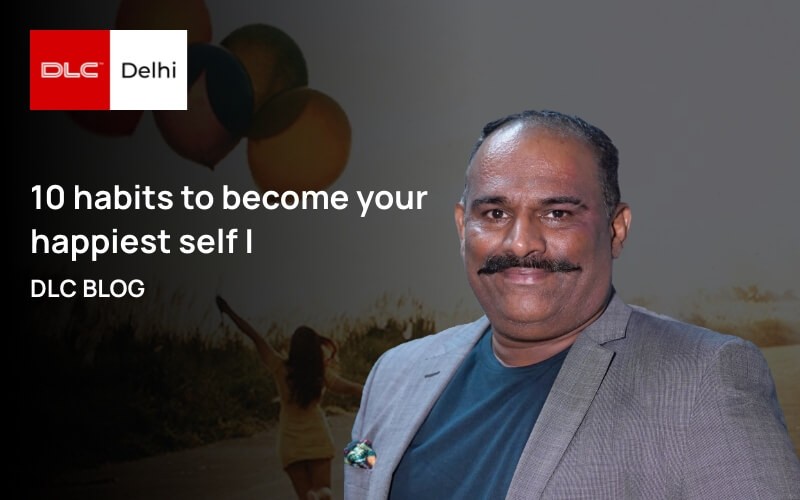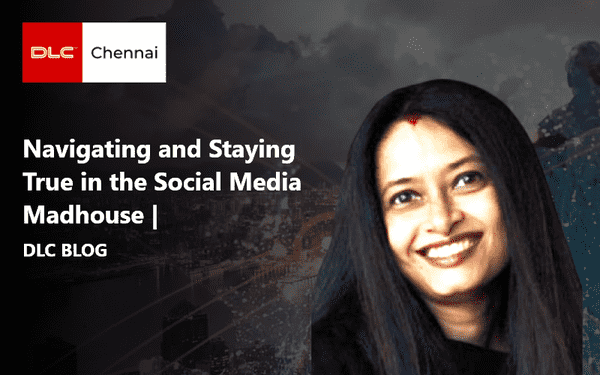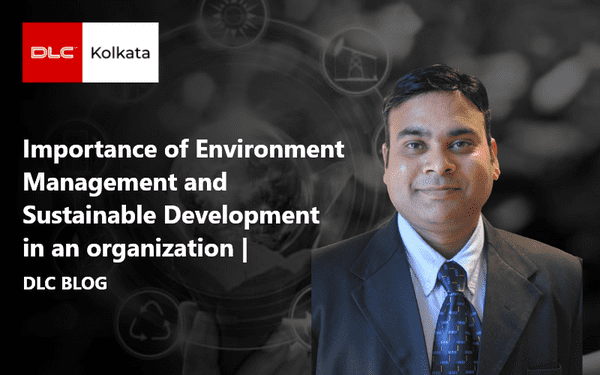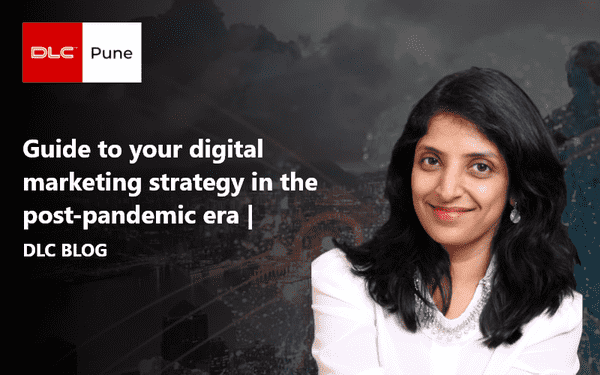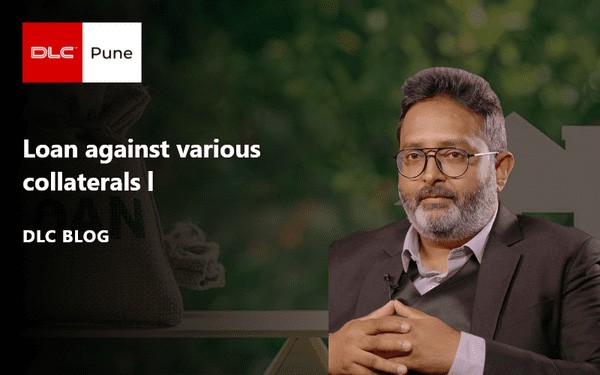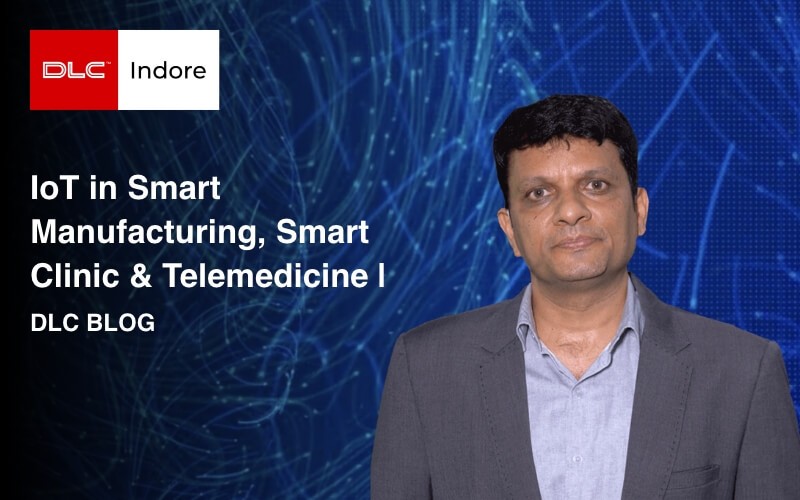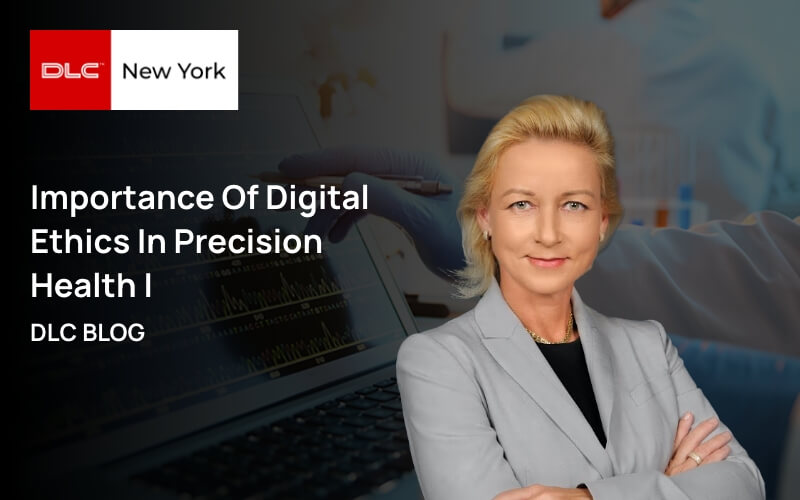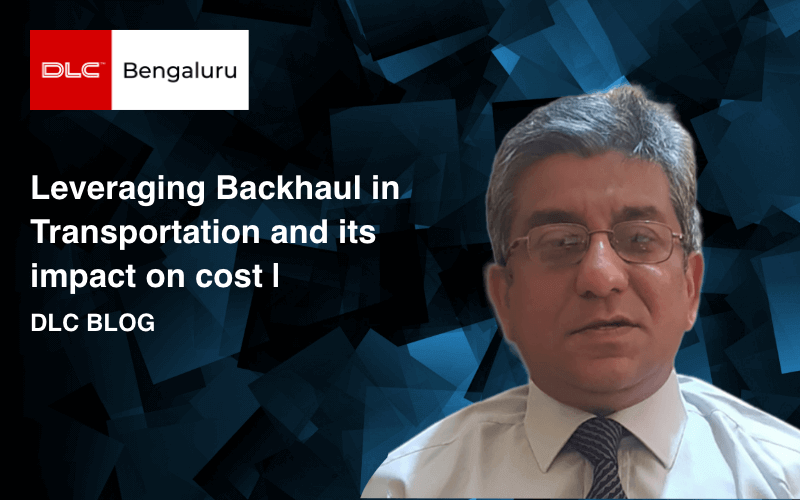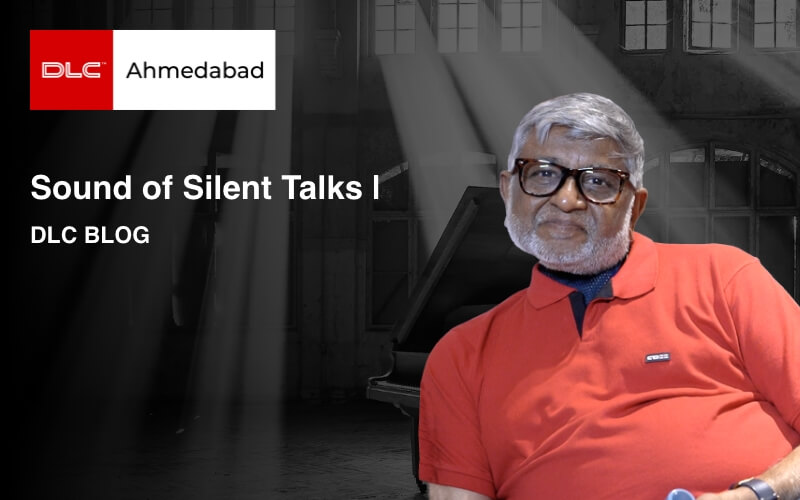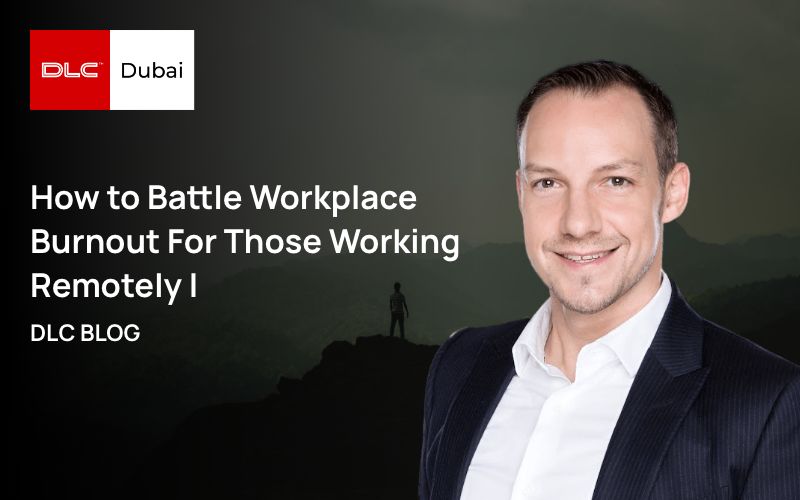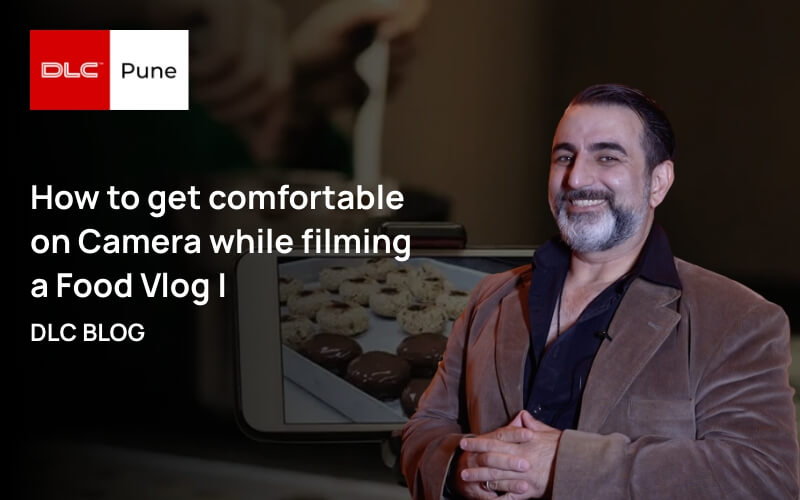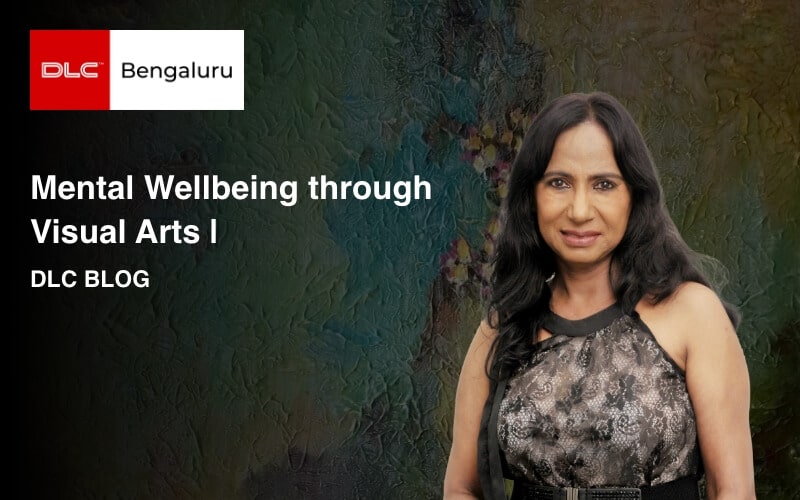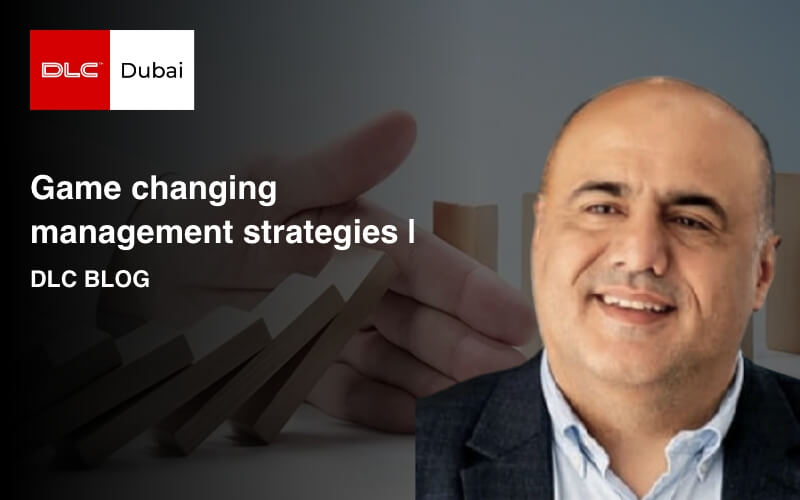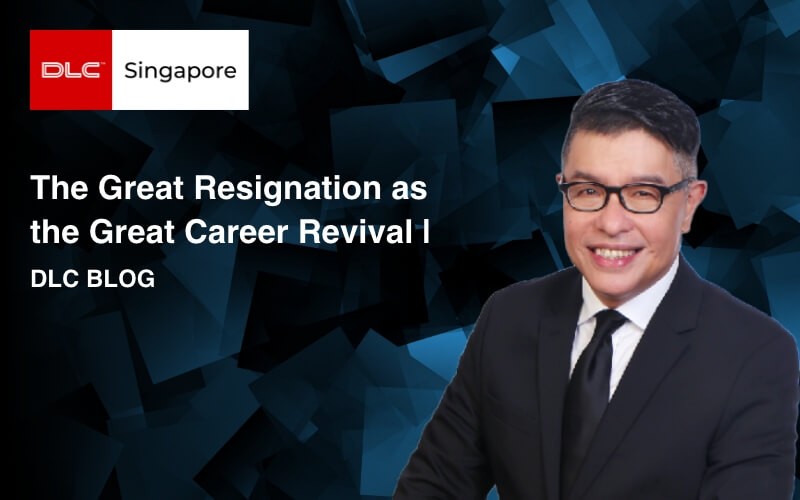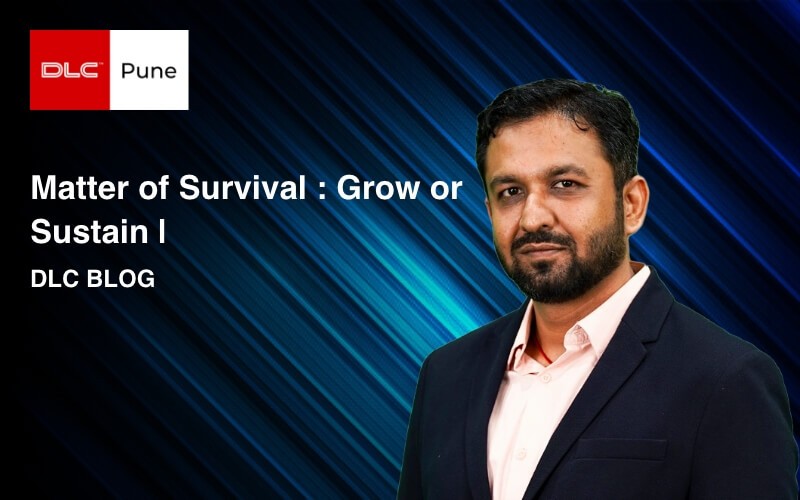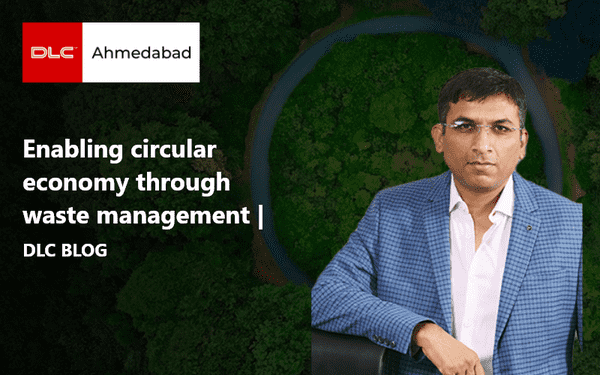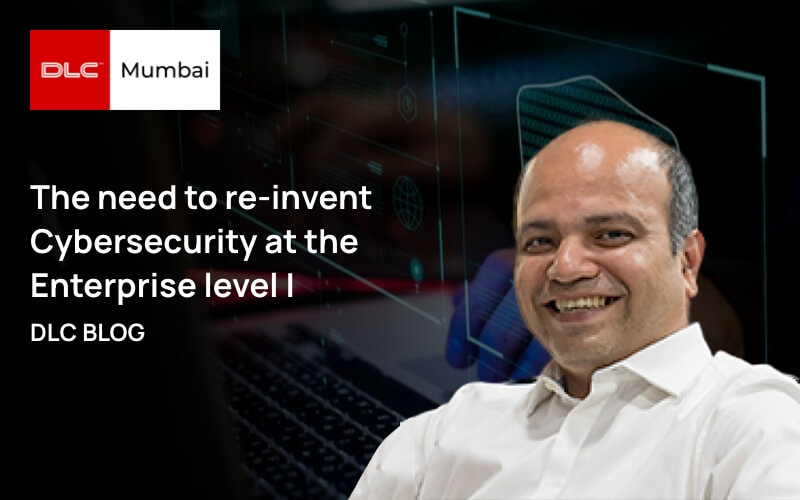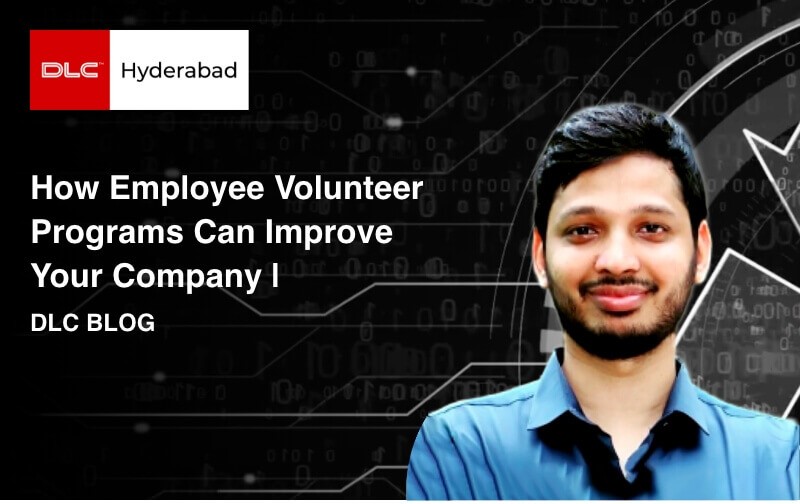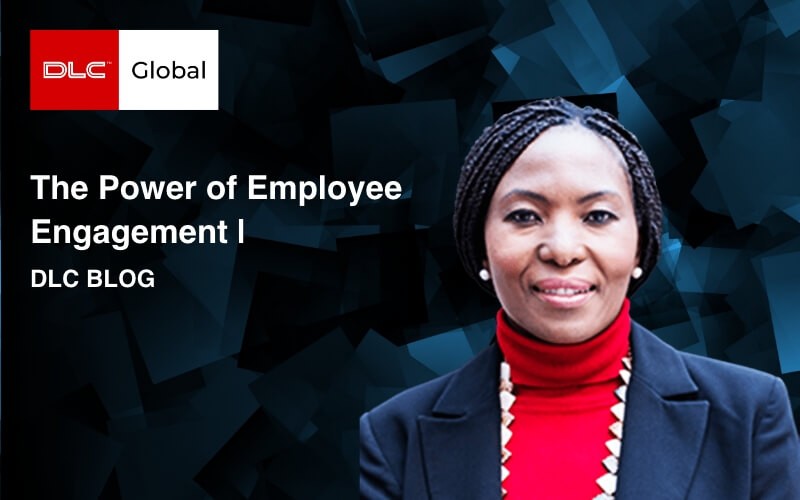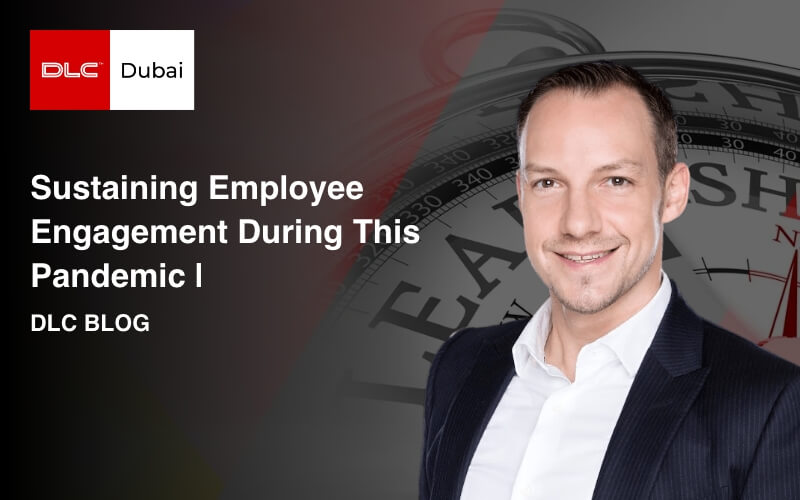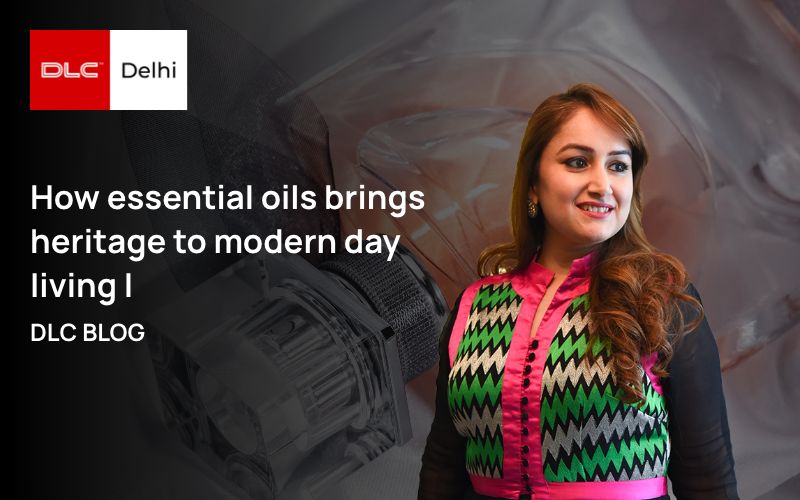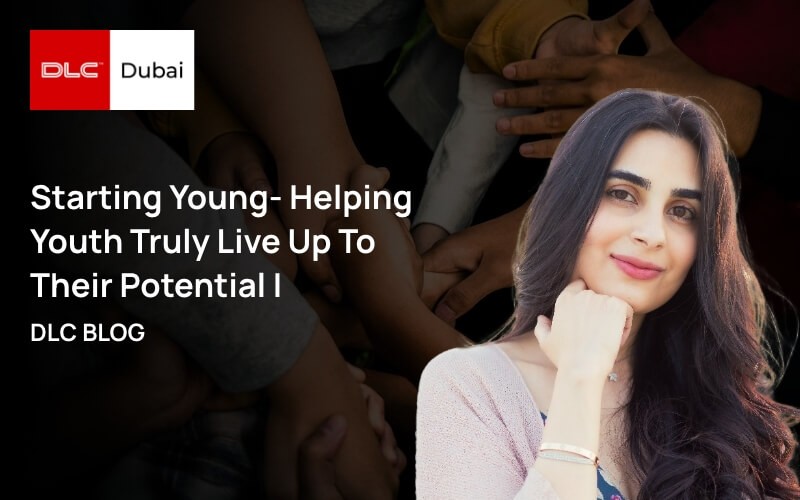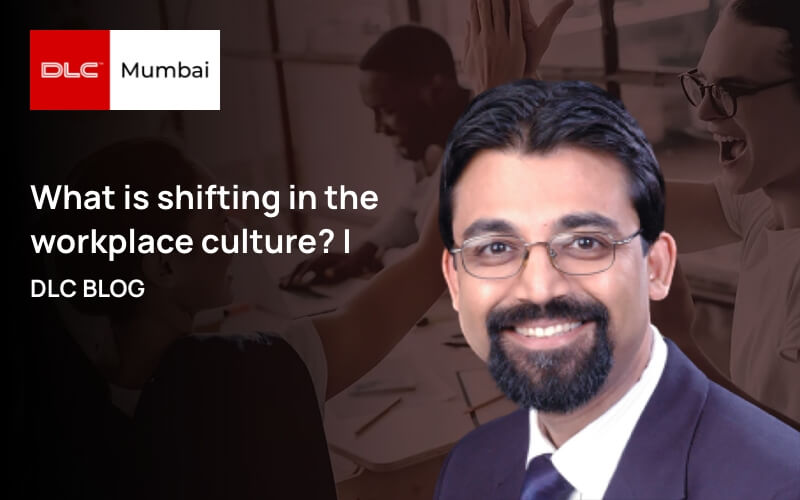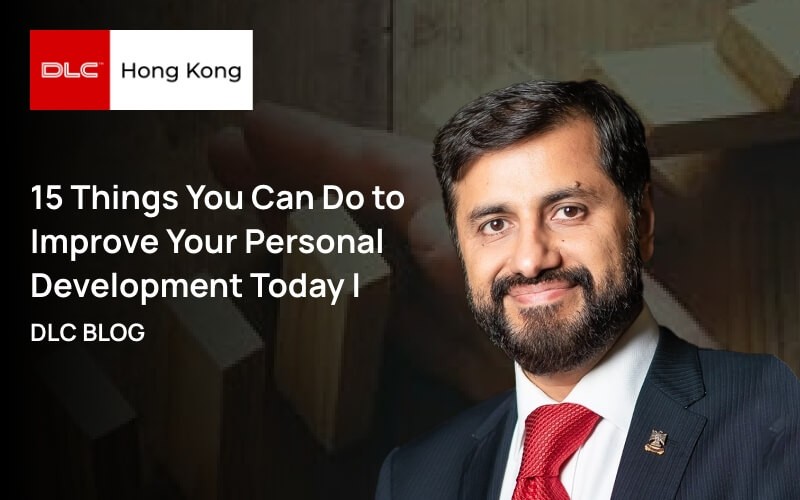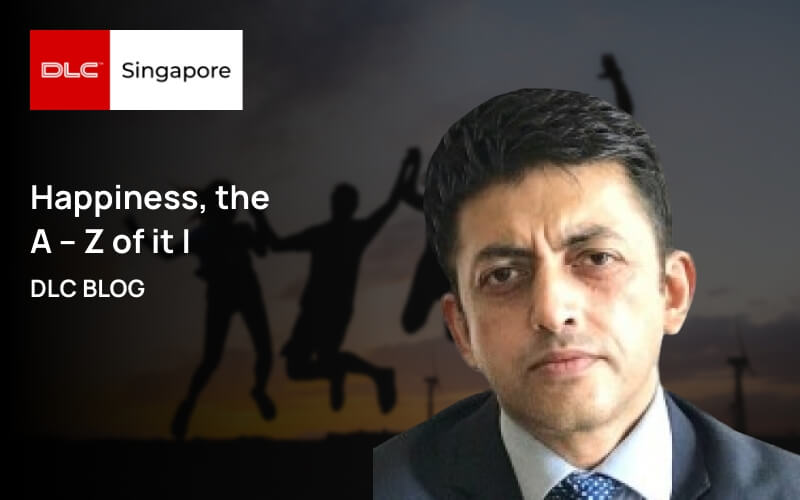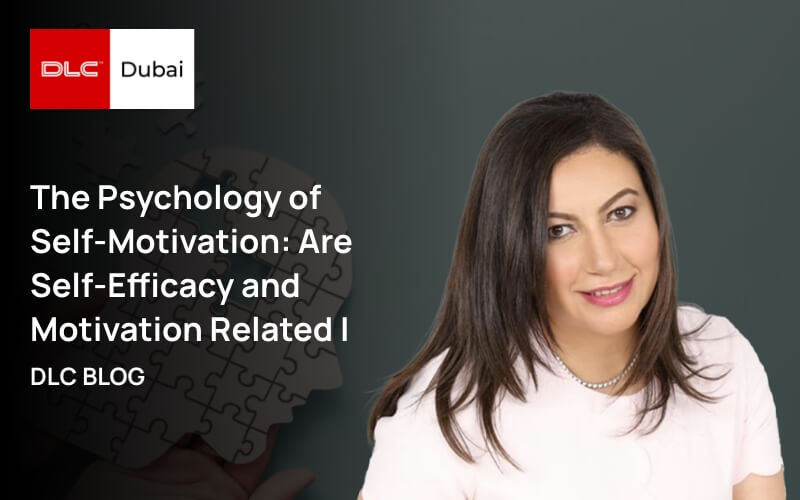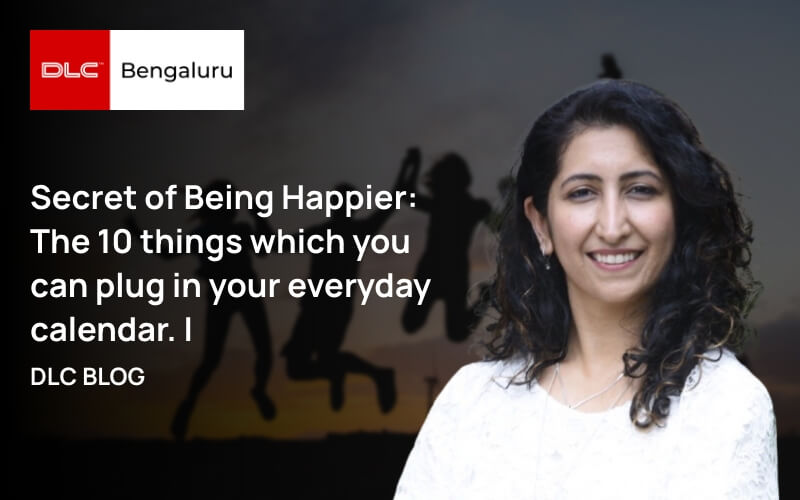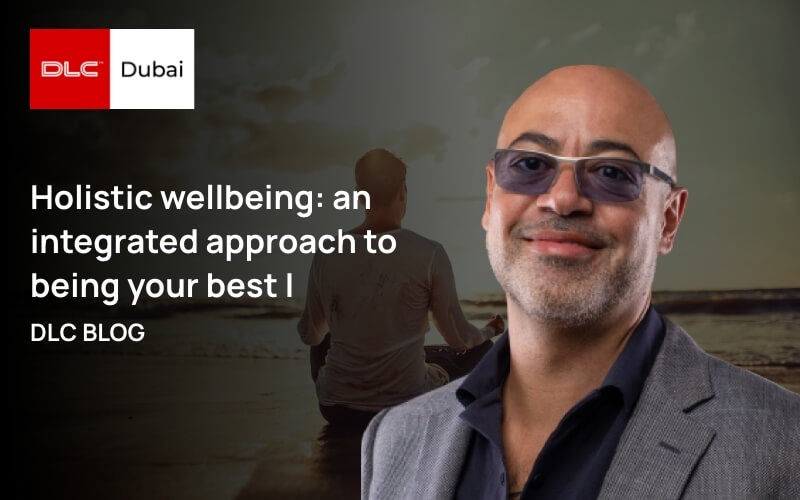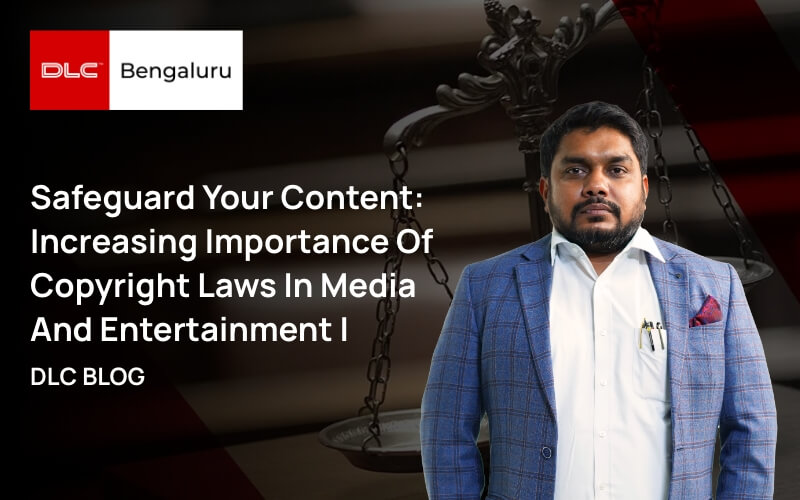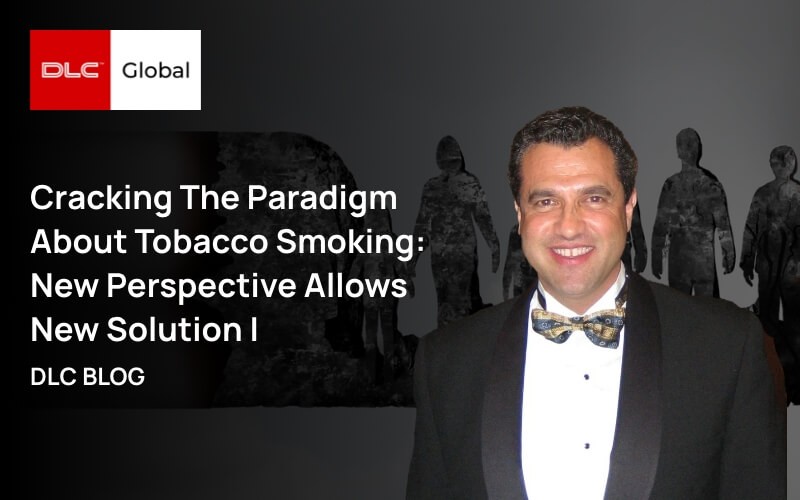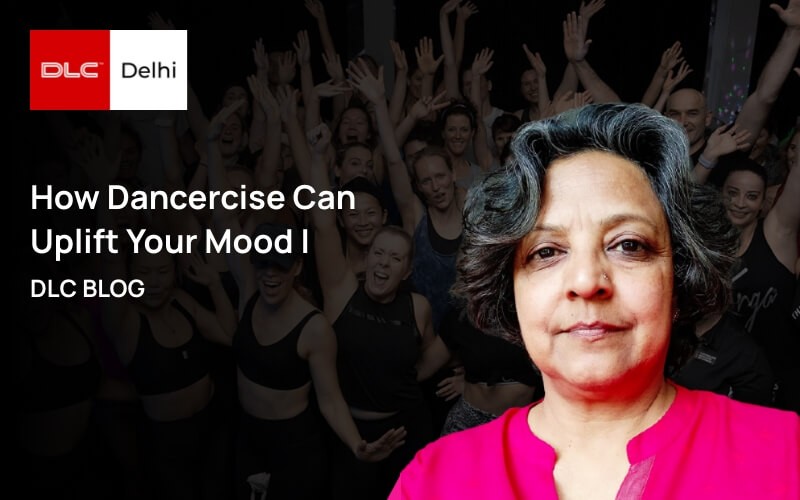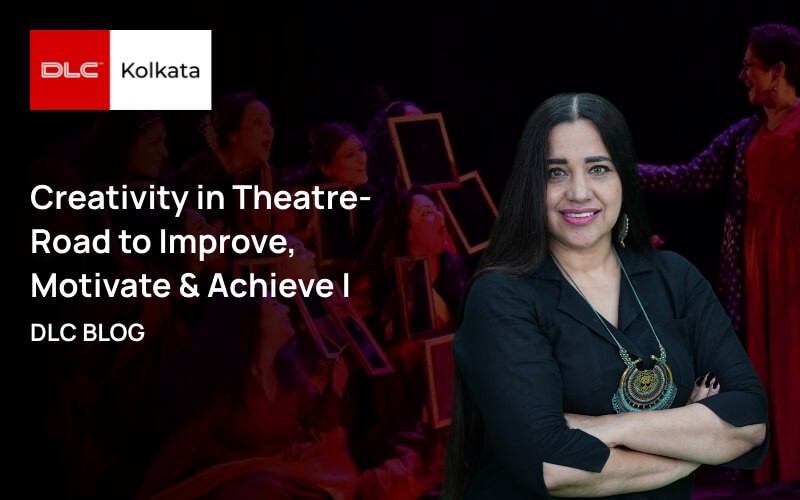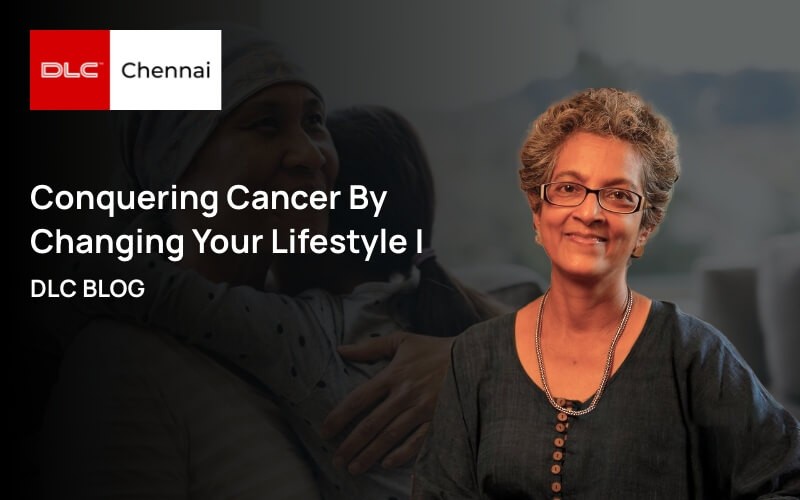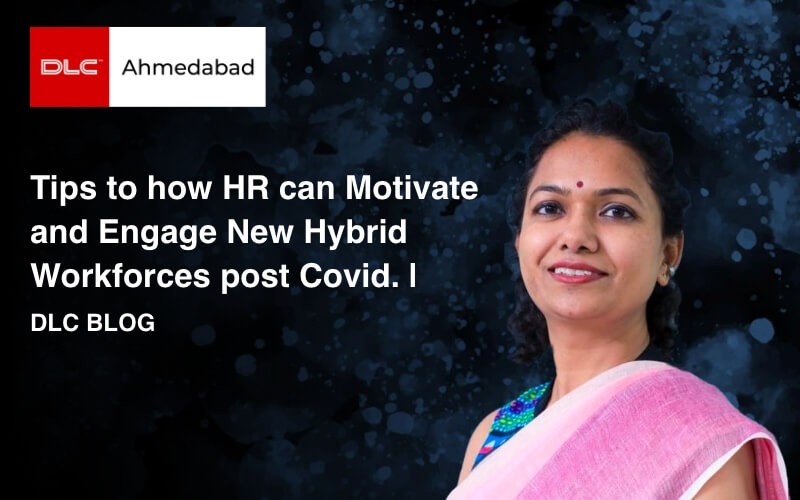
When your oncologist says you need chemotherapy, your dreams may be filled with ambiguous thoughts which may not be actually realistic of what’s involved in chemotherapy sessions. Many of us picture ourselves with IV drip in a hospital bed with a lot many emotions. The realistic thinking is, that there are many ways to get chemotherapy starting from skin cream to the IV drip. Side effects are purely dependant on individuals defence systems which may not be similar for everyone.
Here are some mind-blowing facts about chemotherapy which might surprise you to preparing for a chemotherapy session
- No overnight stay in hospital- Chemotherapy can be given as a daycare procedure at the hospital, office, home etc., which depends upon factors like the type of cancer and type of chemotherapy to be planned, any previous chemotherapy sessions, and any health-related problems.
- Tablets or skin creams- Your oncologist can prescribe chemotherapy in the form of tablets which can be swallowed, dosage depends from daily to weekly once and in form of skin creams which can be rubbed on the skin.
- Kill hidden cancer cells in the blood- Your oncologist may prescribe chemotherapy not only to shrink the tumour before surgery but also to kill the hidden cancer cells which may be in the blood after the surgery is performed to remove the tumour.
- Can perform all daily activities – Chemotherapy isn’t debilitating as you expect. Always have a flexible schedule of chemotherapy sessions to adjust your office timings. Working remotely from home or hospital is always kept as a last option when you don’t feel good after the chemotherapy session.
- Varied side effects- Some patients don’t have any side effects and not every patient has similar ones. Side effects may vary ranging from fatigue to hair loss. You need to talk to your oncologist about the expected side effects though it’s hard to predict which symptoms you will have.
- Side effects lasting for months or years- There can be side effects which may last for years like infertility, kidney problems, nerve damage and chances of getting second cancer.
- Dietary and Lifestyle changes- Eat lots of protein and calorie-rich food whenever you are able to eat. Your appetite may be highest in the morning, so that can be a good time to get in a bigger meal. If solid foods aren't appealing, try semi-solid, liquid meal replacements for extra calories like fresh fruit juice, soup, or milk. Eat smaller meals five or six times a day instead of three larger ones. This can help keep you from feeling too full.
- Chemotherapy can be used to treat other conditions - Other conditions like bone marrow disease can be treated by chemotherapy.
- Visit your Dentist before the chemotherapy – Chemotherapy not only kills cancer cells but also kills normal cells in your immune system which in turn raises the chances of infections during chemotherapy sessions. To stay away from infections, kindly check whether you have taken flu shots before chemotherapy. Visit your dentist to make sure your oral cavity is clean and oral hygiene is maintained. Wash your hands often and stay away from sick people and pets.
- General Medications can interfere with chemotherapy – Over the counter medications and vitamin, capsules can interfere with chemotherapy sessions. We generally think vitamins are safe to improve the health but high doses of Vitamin A, C and E can interfere with chemotherapy. Consult your oncologist to take any medications.
Dr. Mohammad Akheel
Committee Member
American Society of Clinical Oncology
Health & Wellness Committee
Indore Chapter
Dr. Mohammad Akheel is a dedicated consultant with enriched experience and expertise of 7.5 years after masters in oral & maxillofacial surgery, sub-specialized in head & neck oncology/ reconstruction. Over the years he has been handling complex maxillofacial cases and performed more than 1200 cases which include craniomaxillofacial trauma, odontogenic infections, salivary gland surgeries, TMJ surgeries, benign cysts of jaws, benign tumors of jaws and face, paragangliomas of head/neck, vascular lesions of face, developmental pathologies of children, mucormycosis and other various minor oral surgical procedures with some experience in genioplasty and anterior maxillary osteotomies.
Want to connect ?








